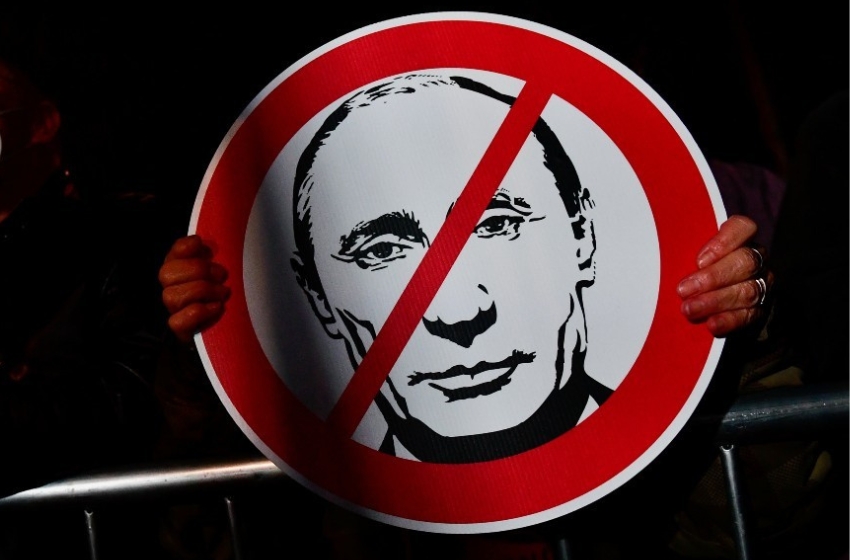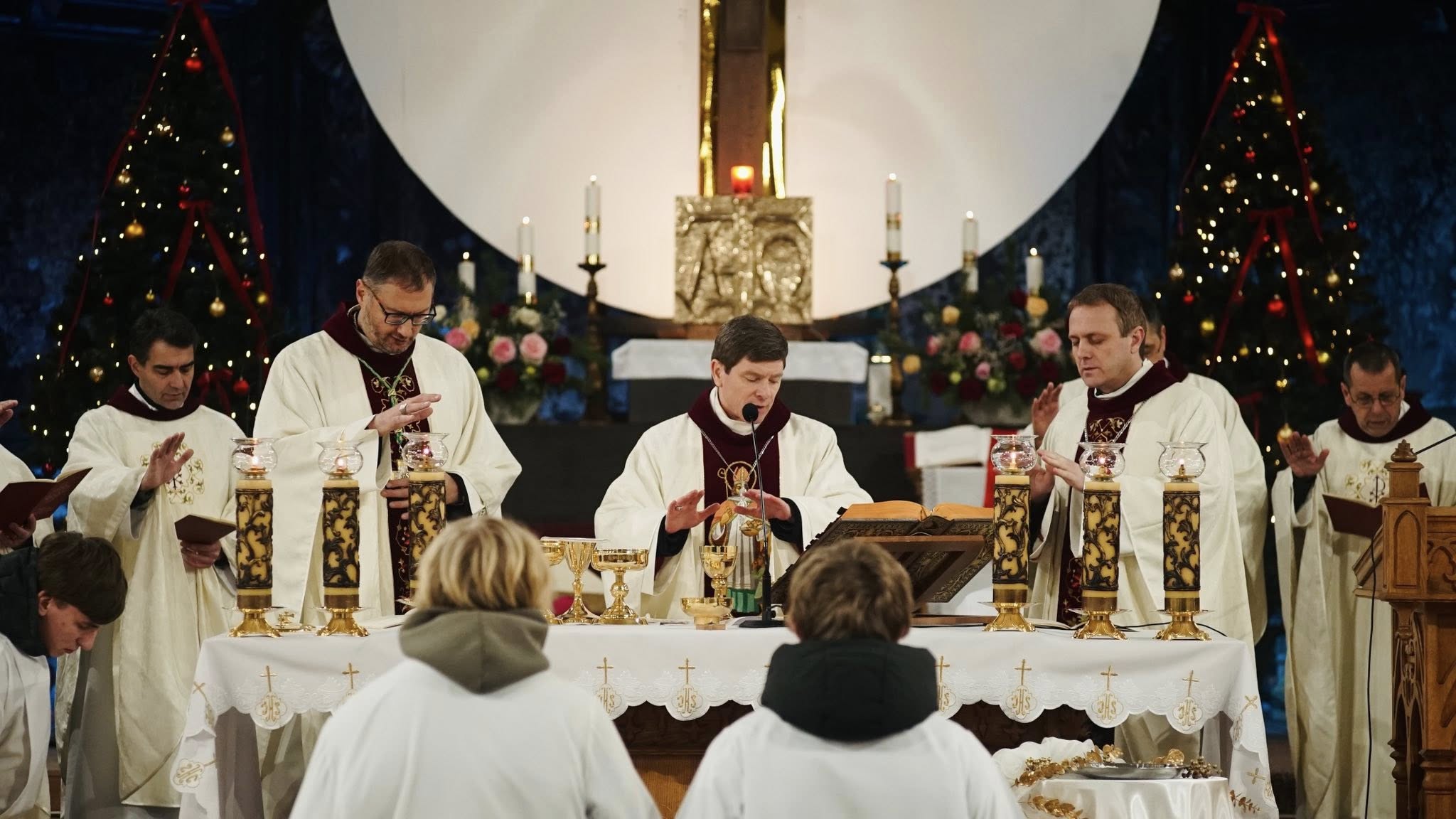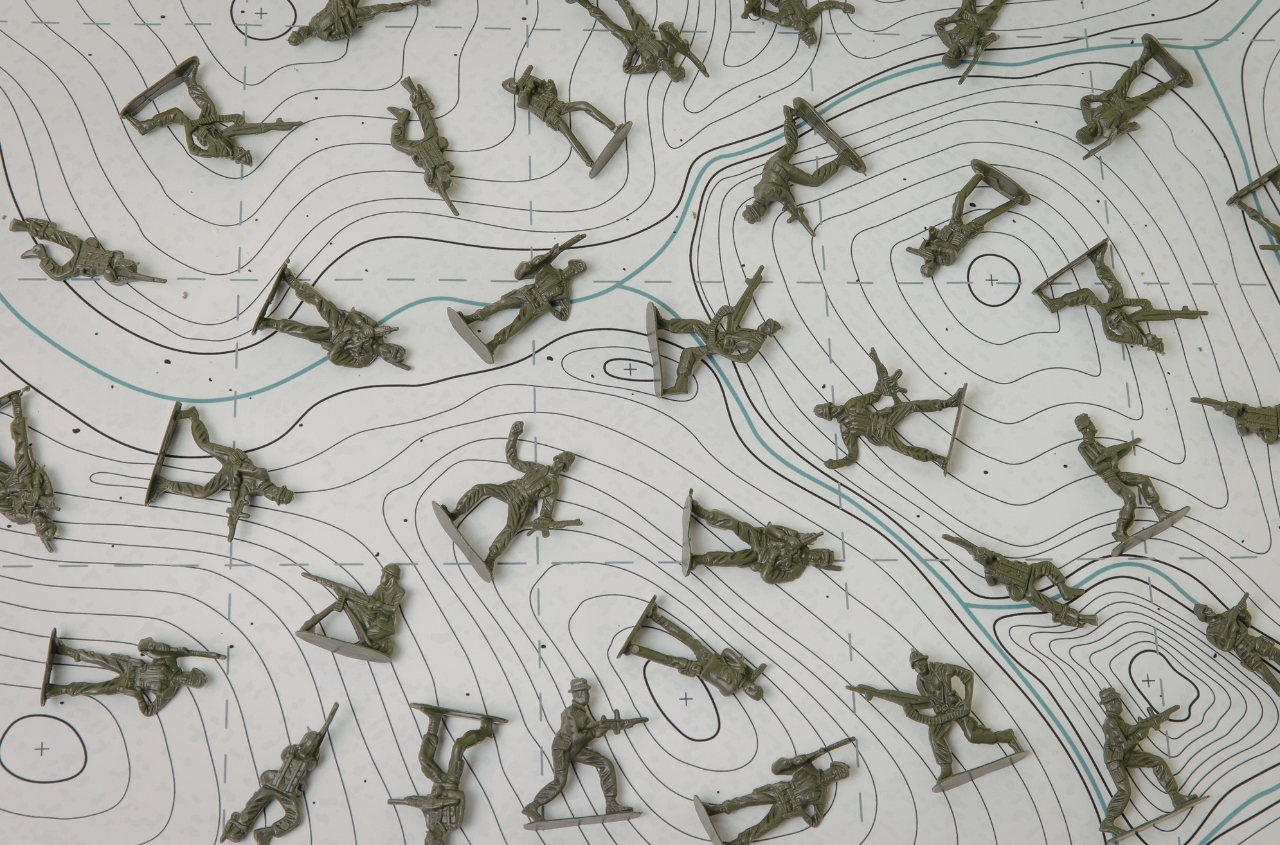The St. Petersburg Legal Forum is interesting precisely because it inadvertently sheds light on the nature of Putin’s dictatorship. The fact that Russia is a dictatorship is hardly denied even by the official authorities themselves. But whose dictatorship is it?
With previous regimes, things were more or less clear: they cloaked themselves in the proletariat — a class that was, in Russia’s case, partly mythical — in whose name all the “good” was supposedly being done. Today it’s more complicated. The formula “a dictatorship in the name of the people” no longer works: the people are too diverse. You constantly have to specify — a dictatorship for whom, and against whom? Until recently, that was murky. But the forum clarified a lot.
In a certain sense, modern Russia takes us back — quite literally — to the era of Ivan the Terrible. Including his division of the Russian population into “Cossacks” (free, itinerant people) and “tyaglovye” (the laboring peasant mass that carried the burden of supporting the state). The extreme political expression of this division was the split between the Oprichnina (a militarized metropole) and the Zemshchina (an economic and political colony). This division never again manifested itself so visibly — but it also never truly disappeared.
In this light, Putin’s regime, in its social and historical substance, is very close to medieval models. It is a dictatorship of the nomenklatura (a kind of “new nobility”), formally carried out in the interests of the “new Cossackdom” — a motley, internally unstable, and rather noisy class consisting of people poorly integrated or entirely excluded from the stable social structure.
Long before the war began — when the purpose of this class wasn’t fully clear to me — I described Putin’s political regime as a “dictatorship of the lumpenproletariat.” Today, I’d say Putin is a “soldier-emperor,” the representative of that part of society whose “mode of production” is looting.
Raiding, in the broadest sense of the word, has always been and remains the essence of Russian power. And in full accordance with the laws of political science — which say that foreign policy is the continuation of domestic policy by other means — raiding has transformed into aggression against neighboring states.
Looting is both the purpose and the means of existence for the class in whose interest the current Russian government ultimately acts. This is, unlike the figures drawn in ROSTA windows by the Bolsheviks, a truly parasitic estate — living at the expense of others. In various forms: sometimes as freeloaders, sometimes as rapists and thieves — depending on their luck. The notorious division between siloviki (security forces) and civilians has taken on a new, non-elitist meaning. It is now a division between those who produce and those who redistribute in their own favor through “unequal exchange.”
If we accept my hypothesis of Russia’s socio-historical regression to the Middle Ages, then there is nothing at all surprising in what we heard at the legal forum in St. Petersburg. These were entirely normal, even natural, worldviews of the “suffering Middle Ages.” This is exactly how the oprichnik Basmanov — whose name is now mainly associated with the eponymous district court in Moscow — would have seen the world. What we witnessed was, essentially, a visit to a historical museum.





















